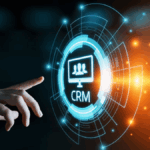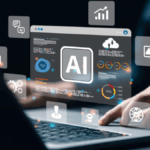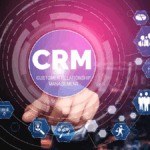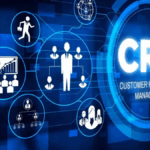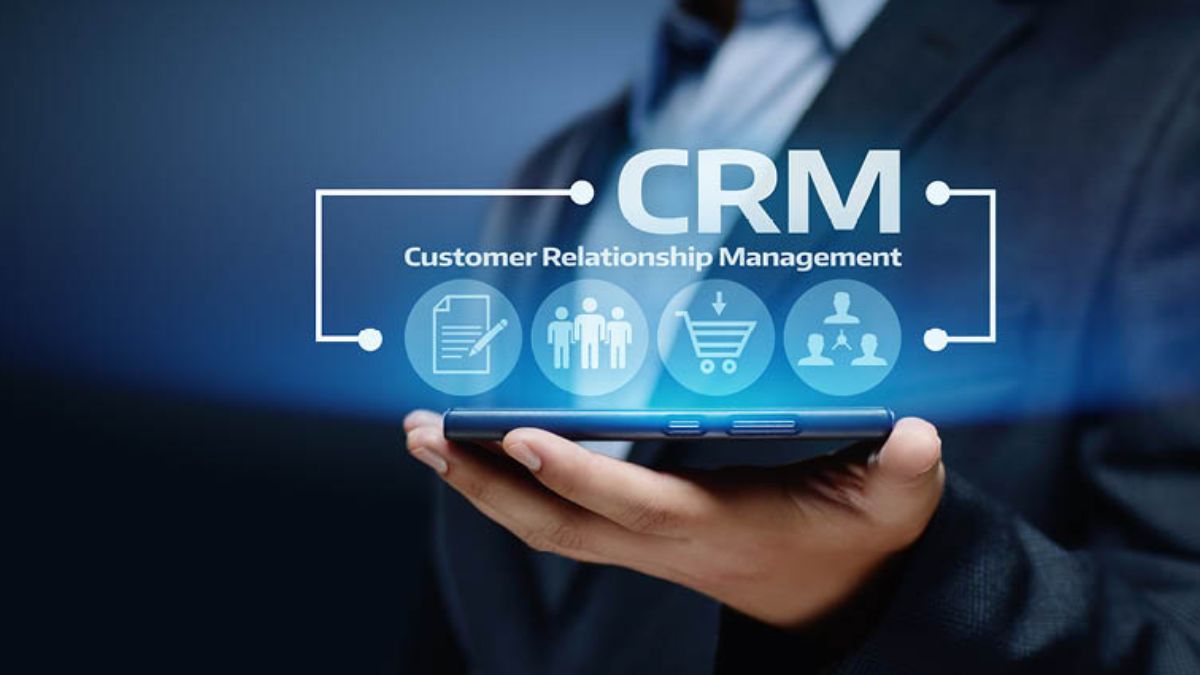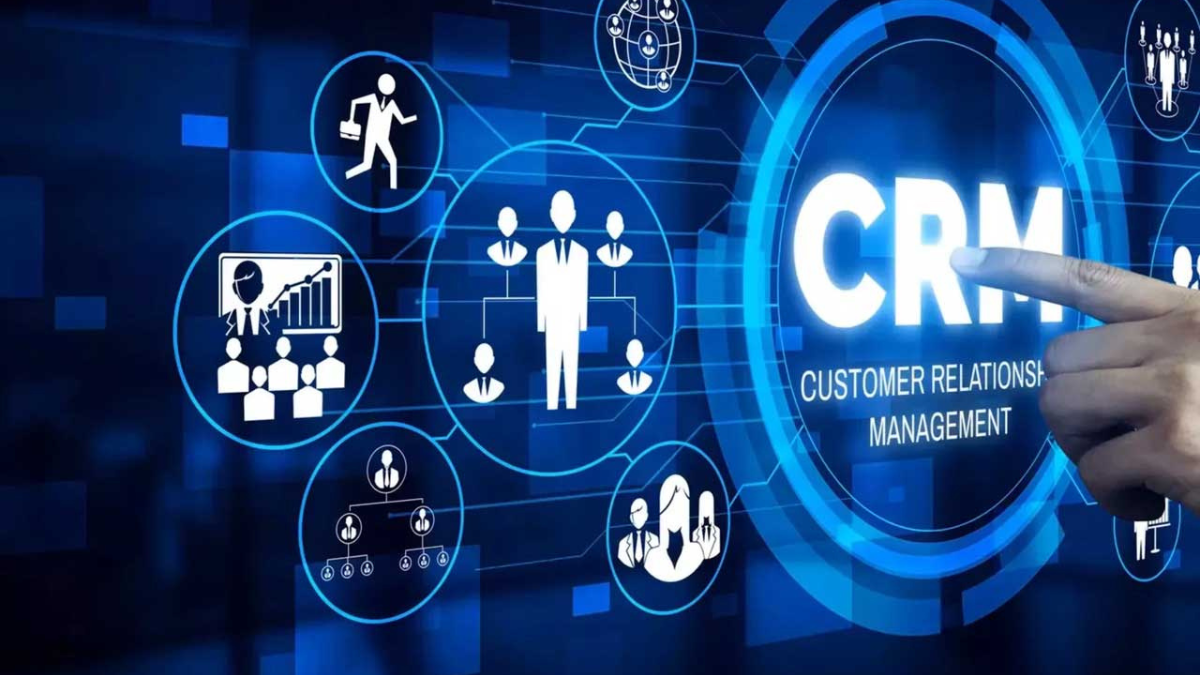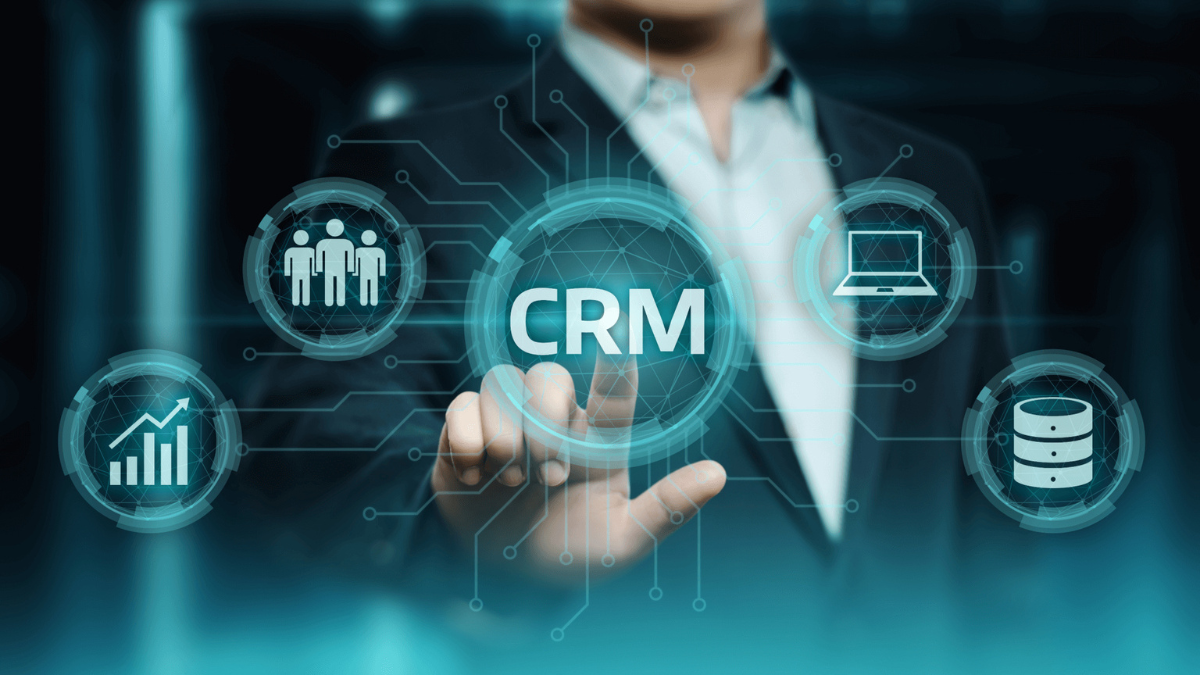In today’s competitive market, businesses that put customers first consistently outperform those that don’t. And at the heart of that customer-centric approach lies Customer Relationship Management (CRM). But CRM is no longer just about tracking contacts and managing sales pipelines—it’s evolving fast.
This article explores the future of CRM and the key trends every business should know to stay ahead in 2025 and beyond.
1. AI and Machine Learning Take Center Stage
Artificial Intelligence (AI) is revolutionizing CRM by automating tasks, predicting customer behavior, and personalizing experiences like never before.
What to Expect:
- AI-powered chatbots for 24/7 customer support.
- Smart lead scoring and deal forecasting.
- Personalized email and campaign recommendations.
Why It Matters: AI makes CRM smarter, faster, and more insightful—reducing human workload while increasing efficiency.
2. Mobile-First CRM Experiences
The modern workforce is mobile, and so is CRM. With sales teams, marketers, and support agents working remotely or on the go, mobile CRM access is no longer optional—it’s a must.
What to Expect:
- Fully functional mobile CRM apps.
- Real-time updates, reminders, and notifications.
- Voice commands and on-the-go reporting.
Why It Matters: Mobile CRM empowers teams to stay connected and productive anytime, anywhere.
3. Cloud-Based CRM Becomes the Norm
Cloud-based CRM systems like Salesforce, Zoho, and HubSpot are quickly replacing outdated on-premise models.
What to Expect:
- Faster setup and easier updates.
- Seamless integration with third-party tools.
- Scalable storage and security benefits.
Why It Matters: Cloud CRM offers cost efficiency, flexibility, and accessibility across devices and teams.
4. Enhanced Data Privacy and Security
As data breaches rise, CRM providers are stepping up their security game. Future-ready CRMs will make privacy and compliance a priority.
What to Expect:
- Built-in GDPR, CCPA, and global compliance tools.
- Stronger encryption, authentication, and user permissions.
- Transparent data management policies.
Why It Matters: Customers demand data transparency and trust—your CRM needs to deliver both.
5. Hyper-Personalization Through Predictive Analytics
Customers want experiences tailored just for them. Modern CRMs use predictive analytics to make it happen.
What to Expect:
- Personalized product recommendations.
- Targeted messaging based on behavior and sentiment.
- Predictive churn detection and customer lifetime value insights.
Why It Matters: Personalized experiences improve engagement, satisfaction, and sales.
6. Deeper CRM Integrations Across Tools
CRM is no longer a standalone system—it’s the central hub that connects all business tools.
What to Expect:
- One-click integrations with email, social media, marketing automation, and e-commerce.
- Real-time data syncing across platforms.
- Unified customer views from multiple sources.
Why It Matters: Integrated CRMs improve workflow, reduce duplication, and create a 360-degree customer profile.
7. Voice and Conversational CRM
With the rise of smart assistants like Alexa and Google Assistant, voice technology is entering the CRM world.
What to Expect:
- Voice-activated data entry and search.
- Conversational CRM through chat and voice bots.
- Hands-free task management.
Why It Matters: Voice tools make CRM more accessible and efficient for multitasking professionals.
8. Focus on Customer Experience Over Sales
Modern CRM systems are shifting from sales-driven tools to experience-focused platforms.
What to Expect:
- Journey mapping and experience tracking.
- Sentiment analysis and customer feedback tools.
- CRM as a tool for building loyalty, not just closing deals.
Why It Matters: Businesses that prioritize customer experience build stronger, longer-lasting relationships.
Final Thoughts
The future of CRM is fast-moving, data-driven, and customer-obsessed. To thrive, businesses must go beyond traditional CRM usage and embrace emerging trends like AI, hyper-personalization, and full integration.
Whether you’re a small business or a global enterprise, staying ahead in CRM trends is crucial for growth, loyalty, and competitive advantage in 2025 and beyond.

